The Master’s program in Molecular Biomedicine seeks to train professionals with solid scientific knowledge at the physiological, cellular and/or molecular levels of the biomedical sciences to generate new knowledge to understand and intervene in physiopathological phenomena and propose biotechnological, therapeutic and/or methodological solutions for treatment or diagnosis.
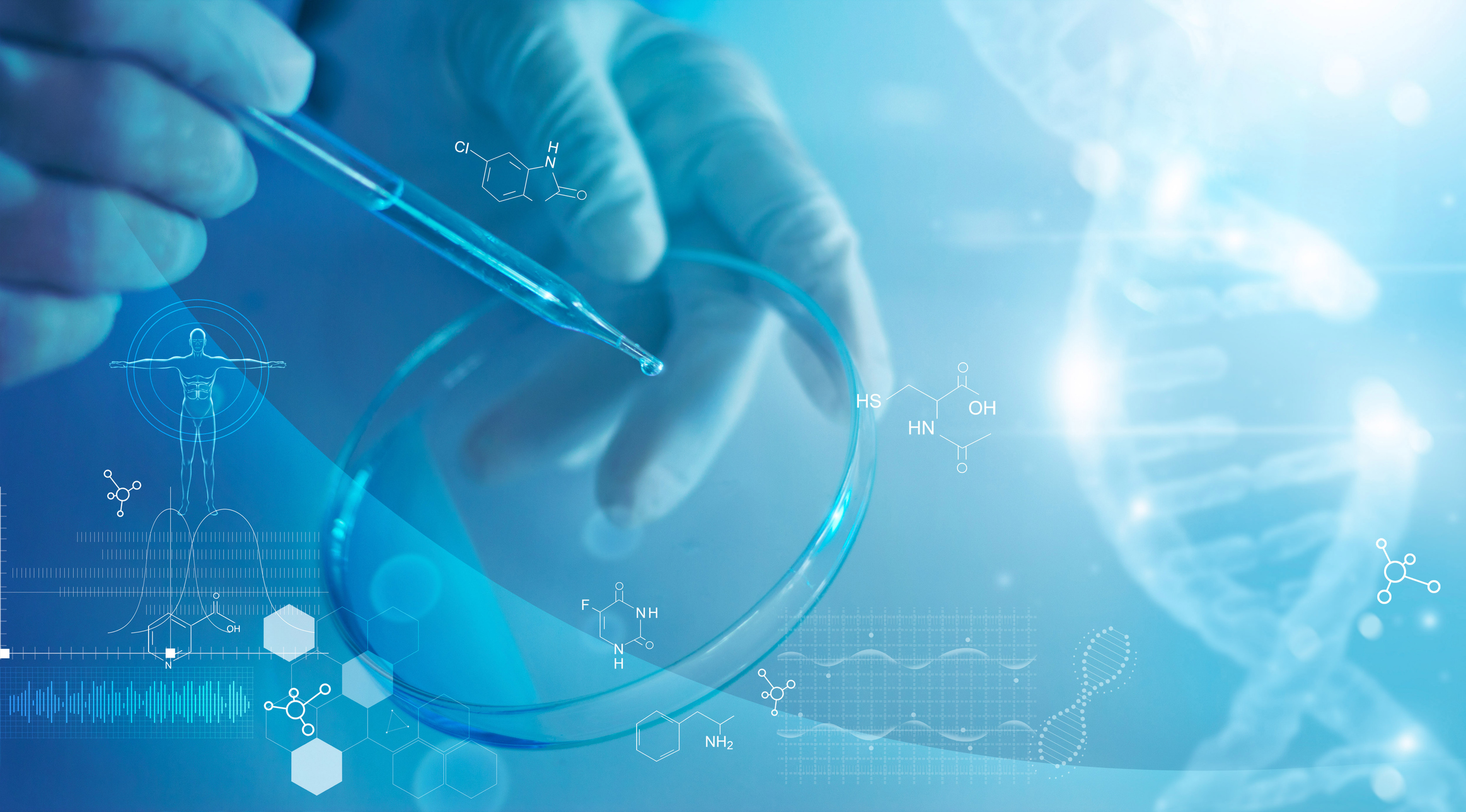
Master's Degree in Molecular Biomedicine
Closed
4 semesters
March 2024
Presential
The program is based on the country’s need for an academic-professional program in the health area that provides the tools to develop research in areas of knowledge that can be applied to prevention, diagnosis, development of new therapies and/or innovation in biotechnological developments.
Aimed at students graduated from the following programs:
General Objective
To train professionals with solid scientific knowledge at the physiological, cellular and/or molecular levels of biomedical sciences in order to generate new knowledge with the objective of understanding and intervening in physio-pathological phenomena and to propose biotechnological, therapeutic and/or methodological solutions for treatment or diagnosis.
Specific Objectives
The graduate of the Master in Molecular Biomedicine has a solid theoretical and practical base of scientific knowledge that allows him/her to develop in the areas of biomedical sciences with a cellular and molecular approach. He/she is qualified to perform high-level research, being a link between basic frontier research and biomedical problems, capable of proposing solutions and developing appropriate methodologies for problem solving.
The graduate performs with a critical view and scientific spirit, respecting ethical, social and environmental standards in their work. They are capable of leading and working collaboratively in multidisciplinary teams.
Expected performance in Molecular Biosciences:
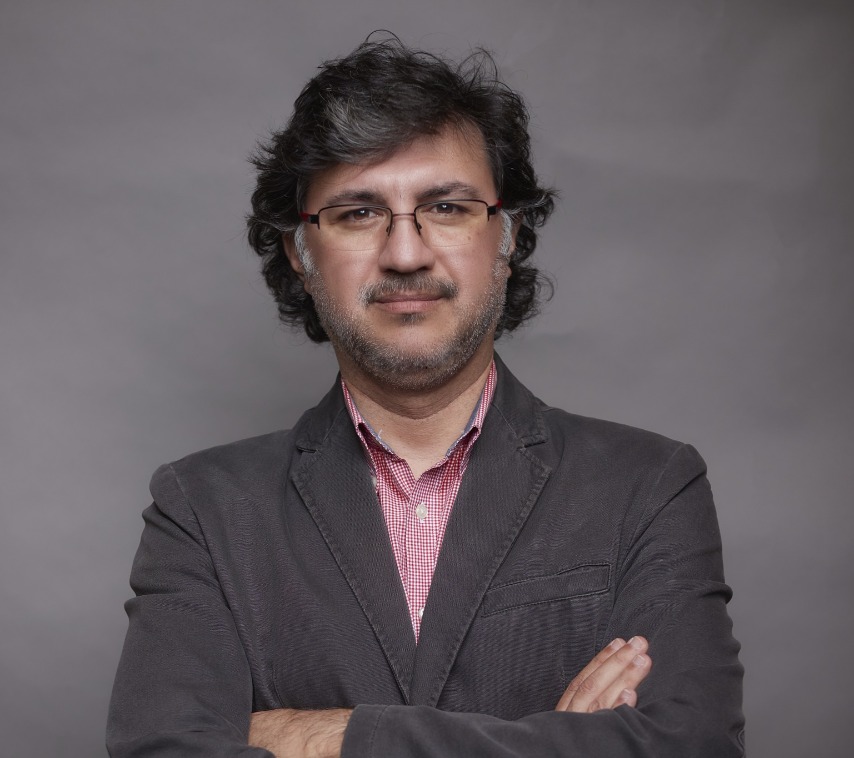

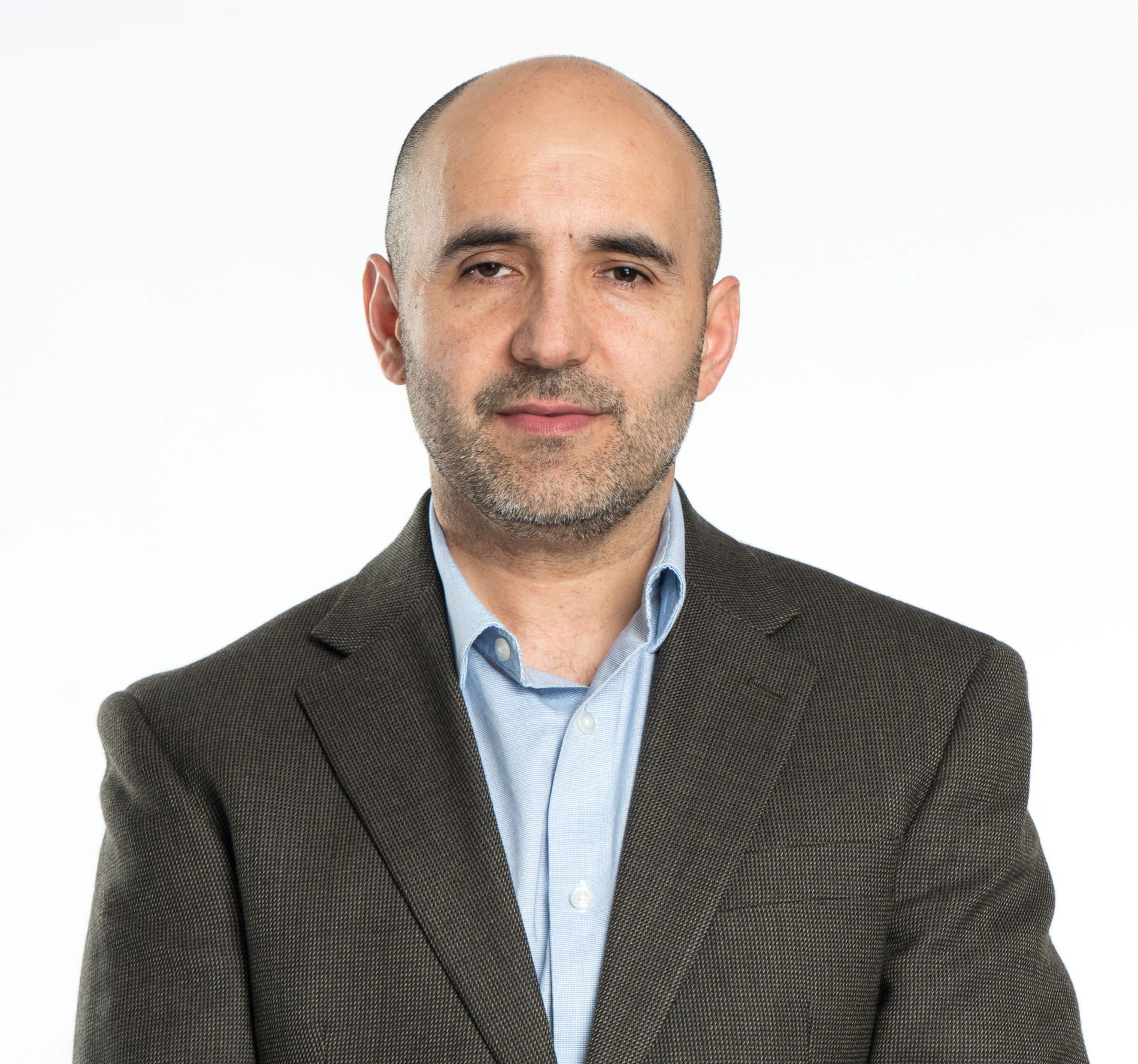
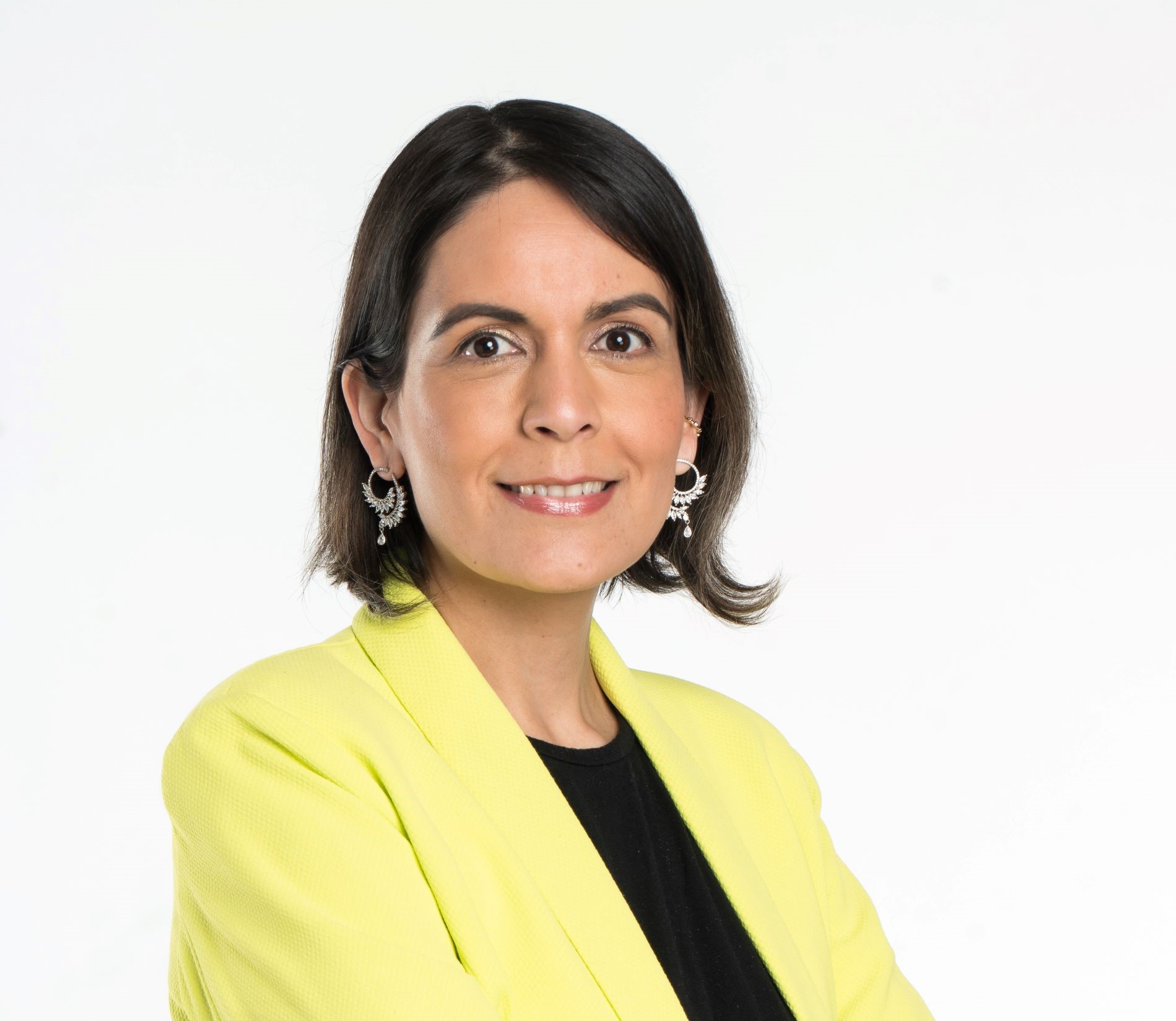
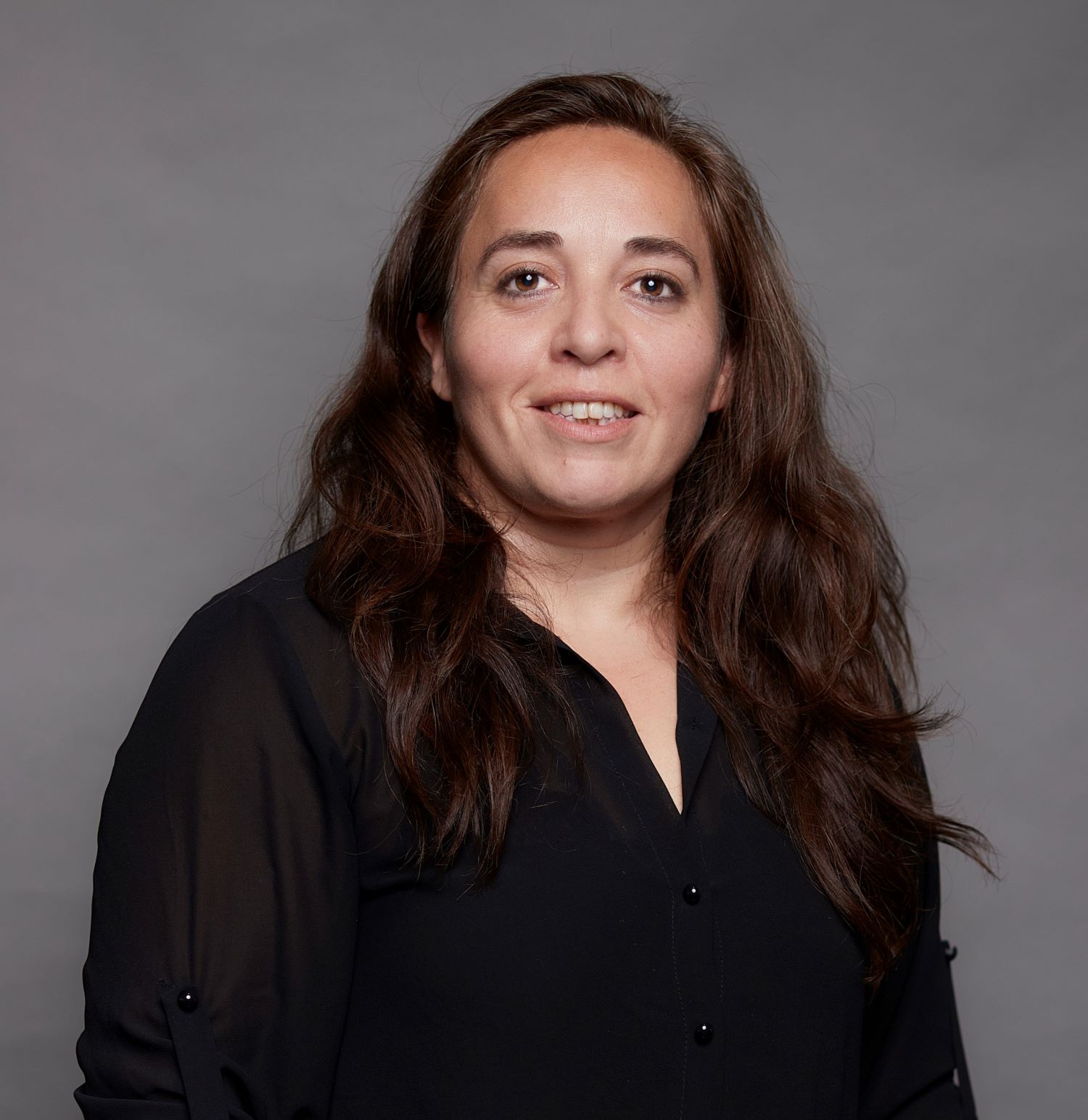
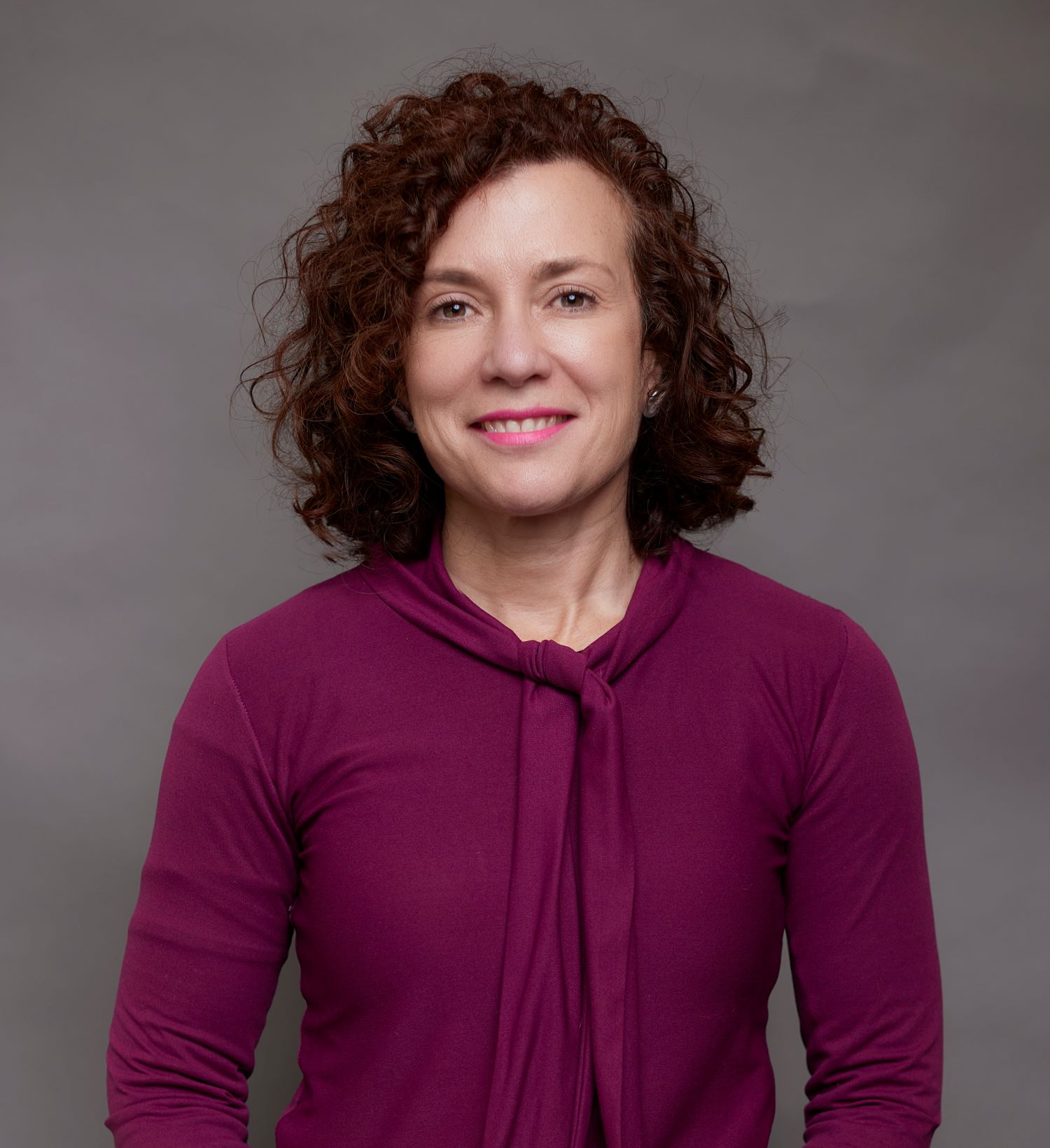
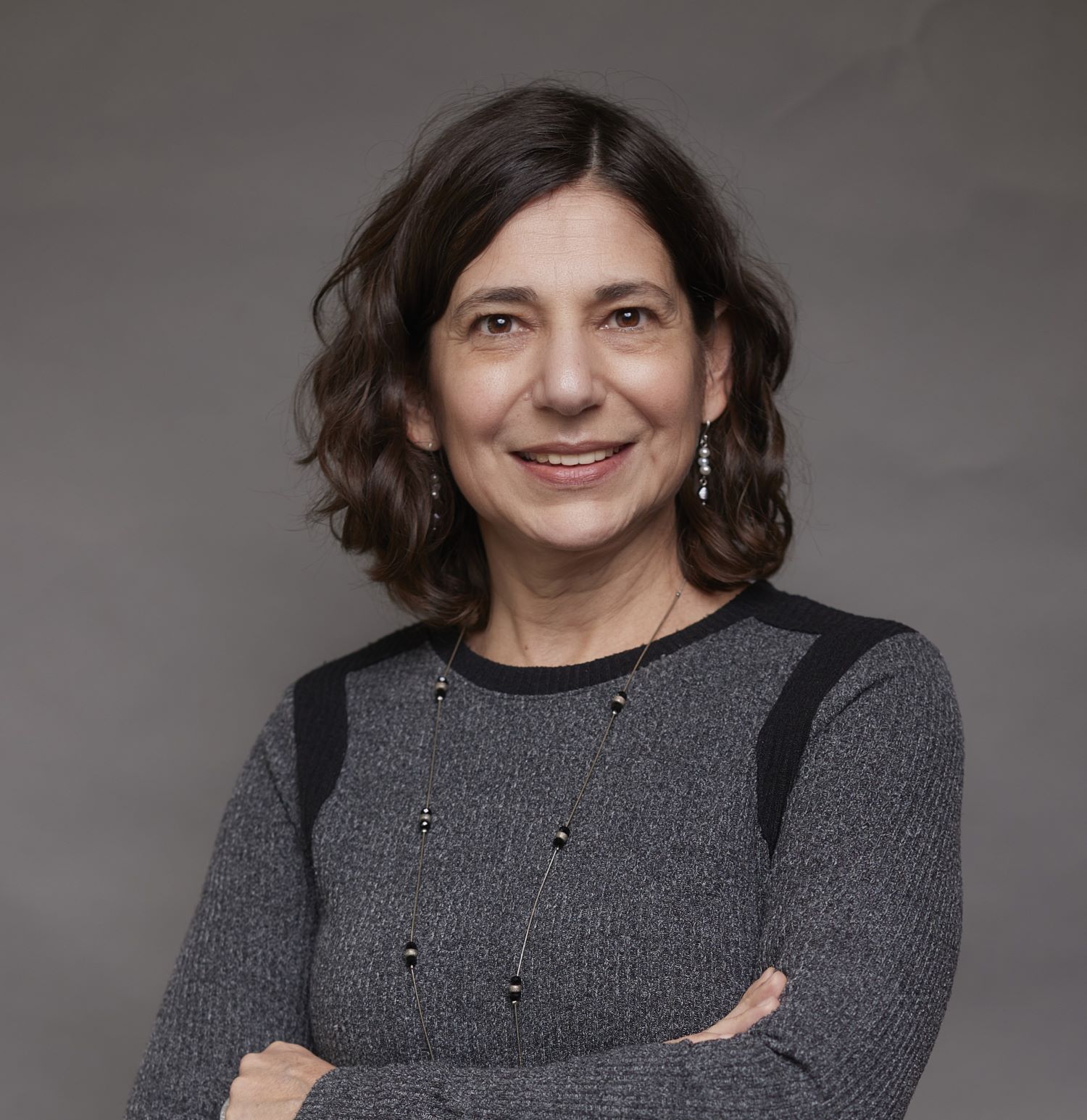
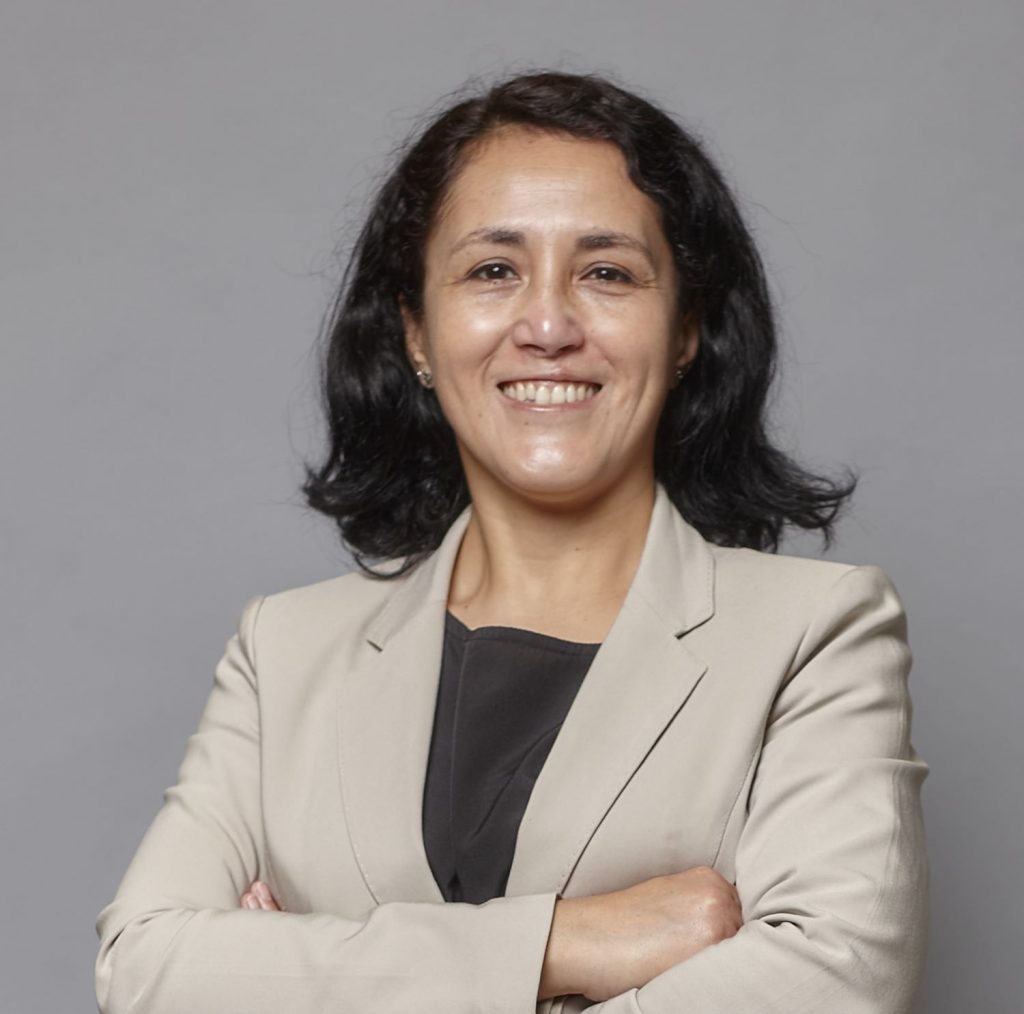
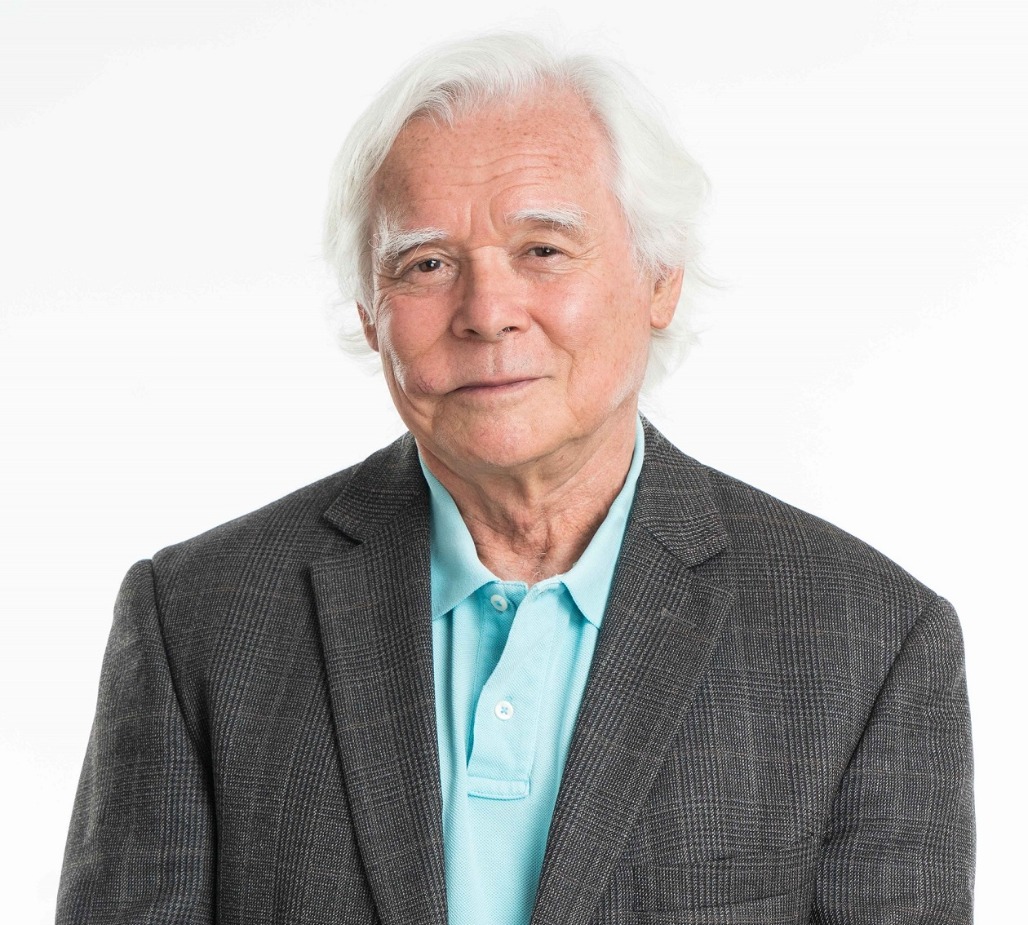
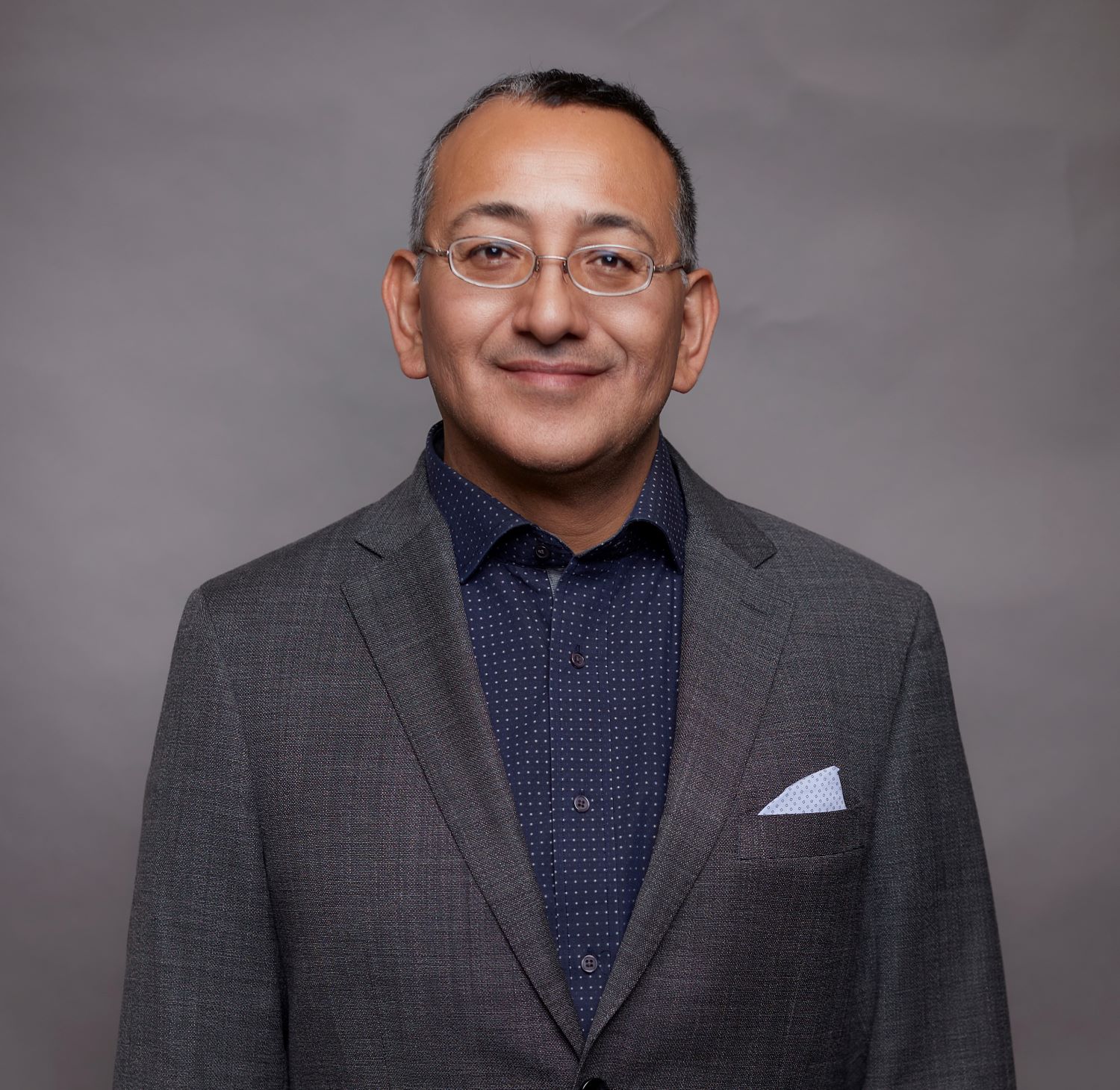
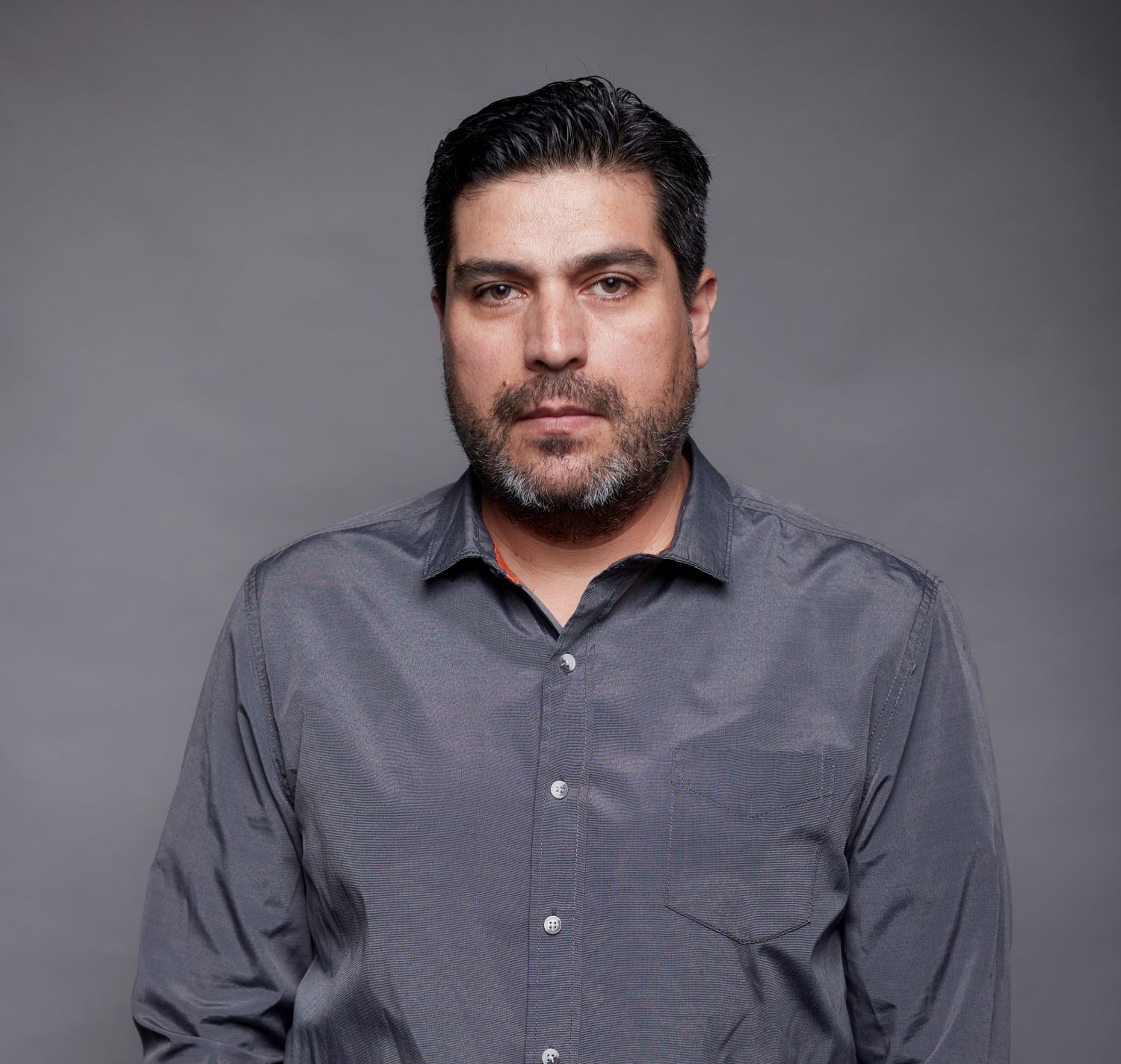
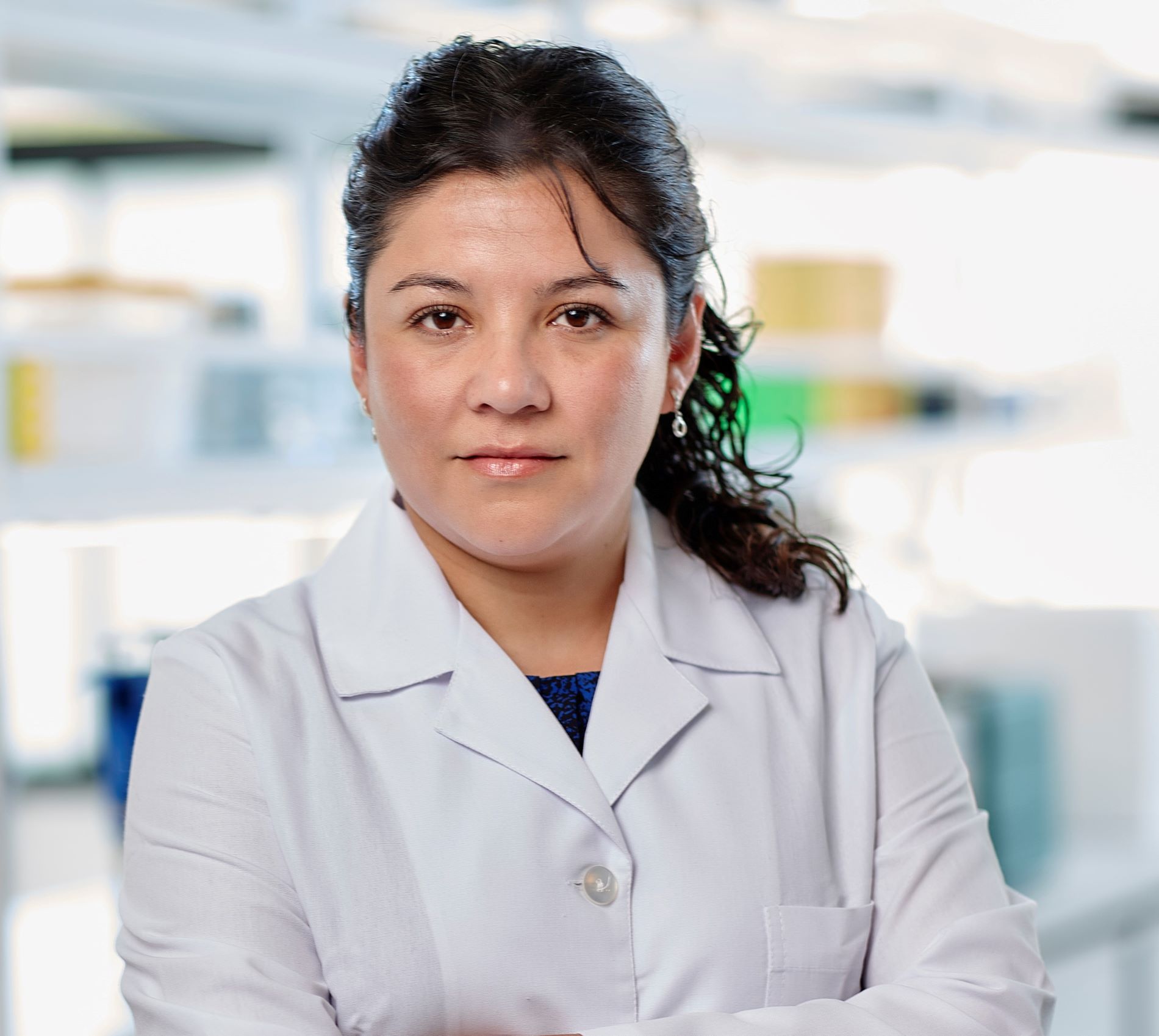
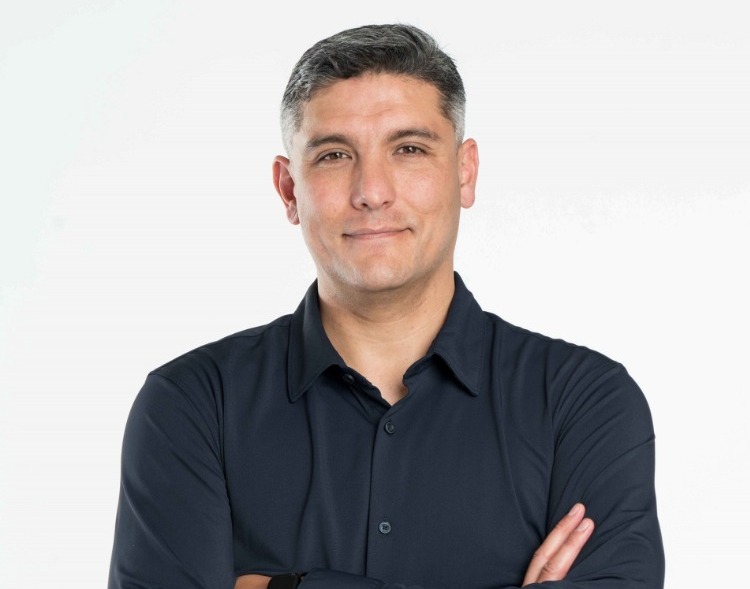
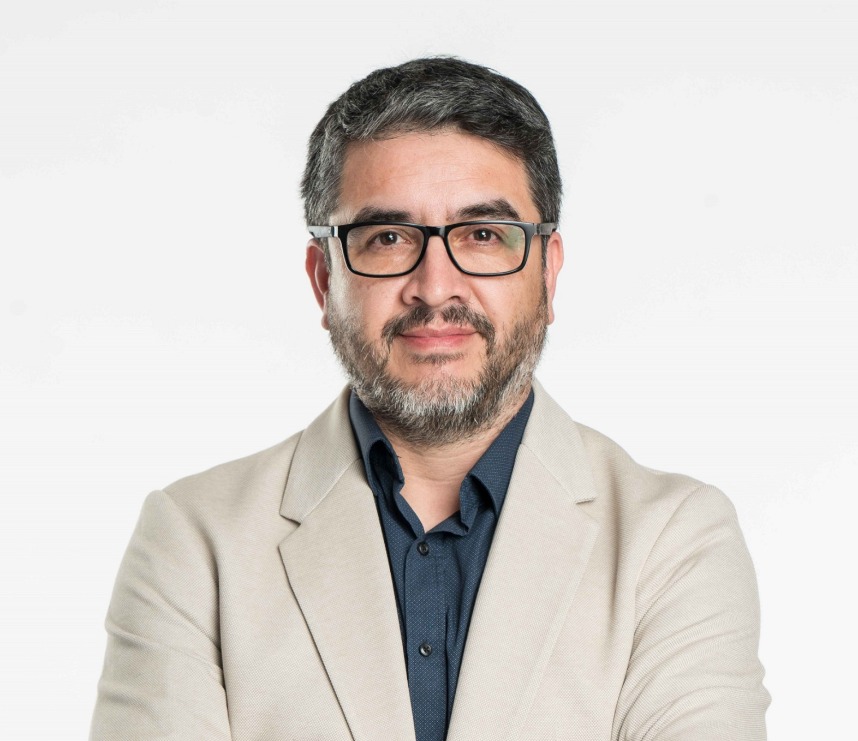
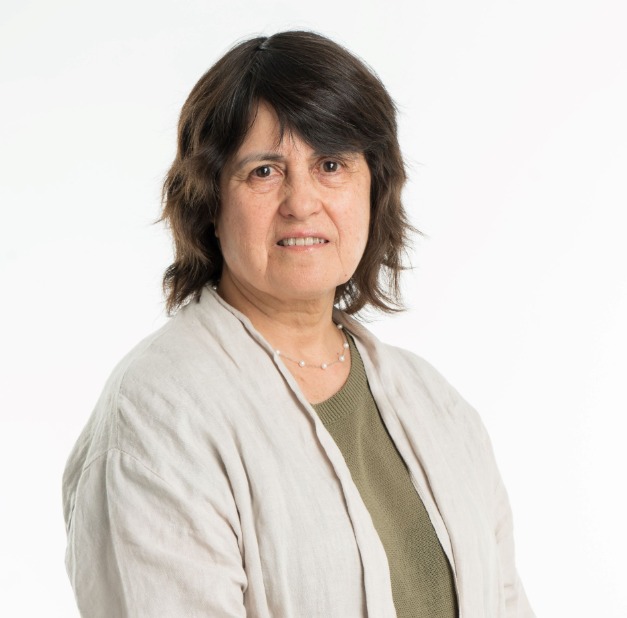
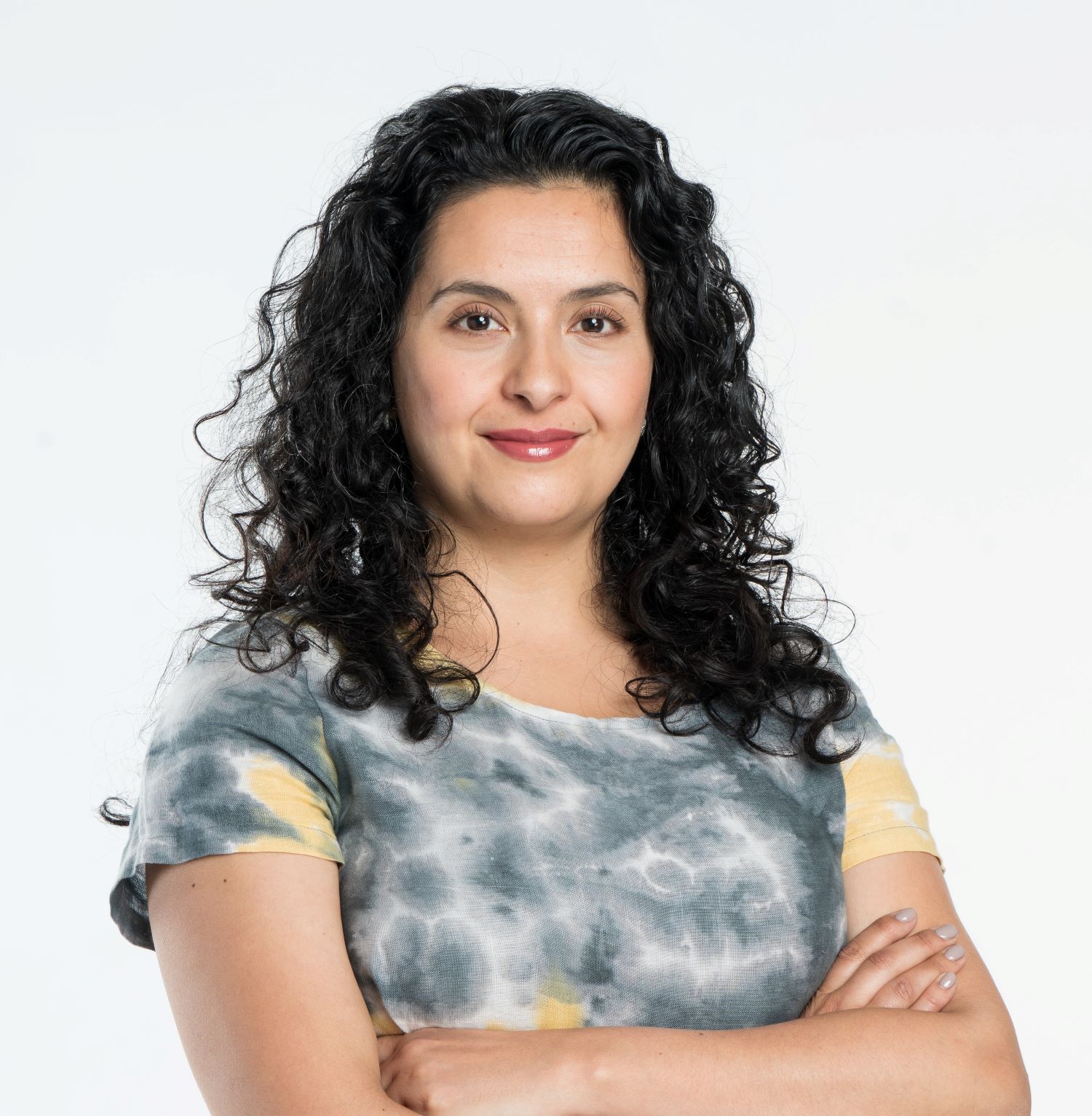
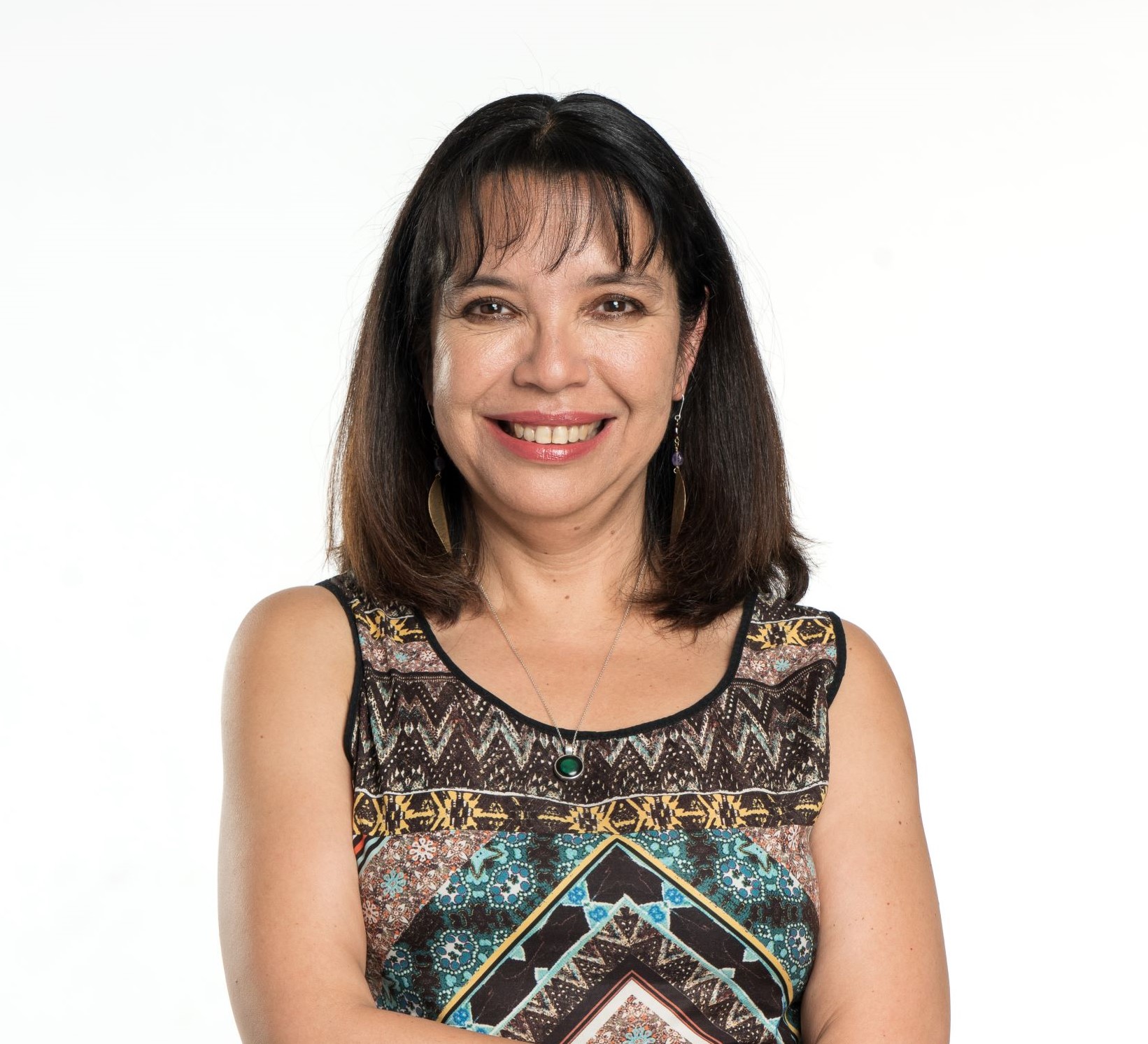

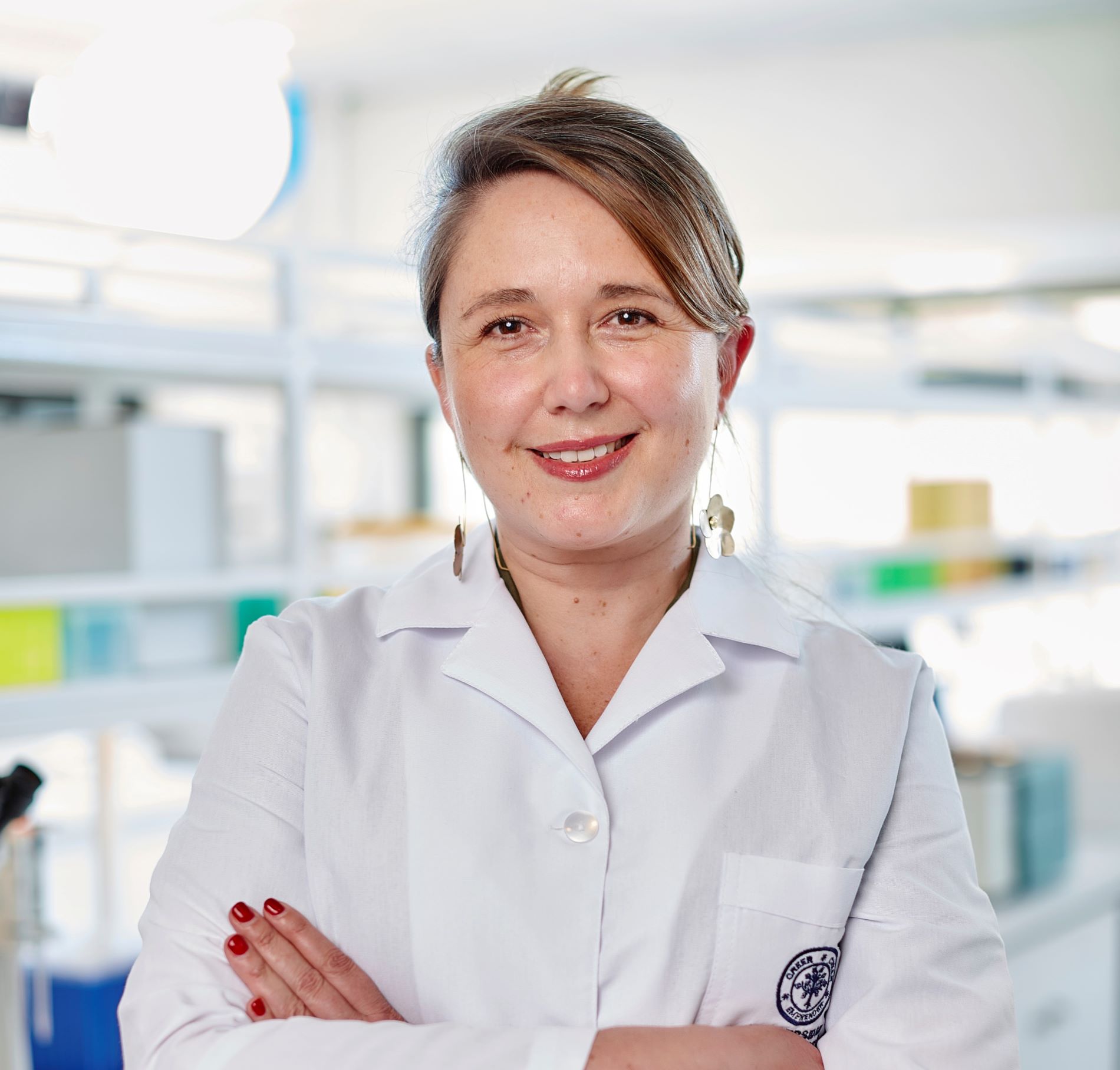
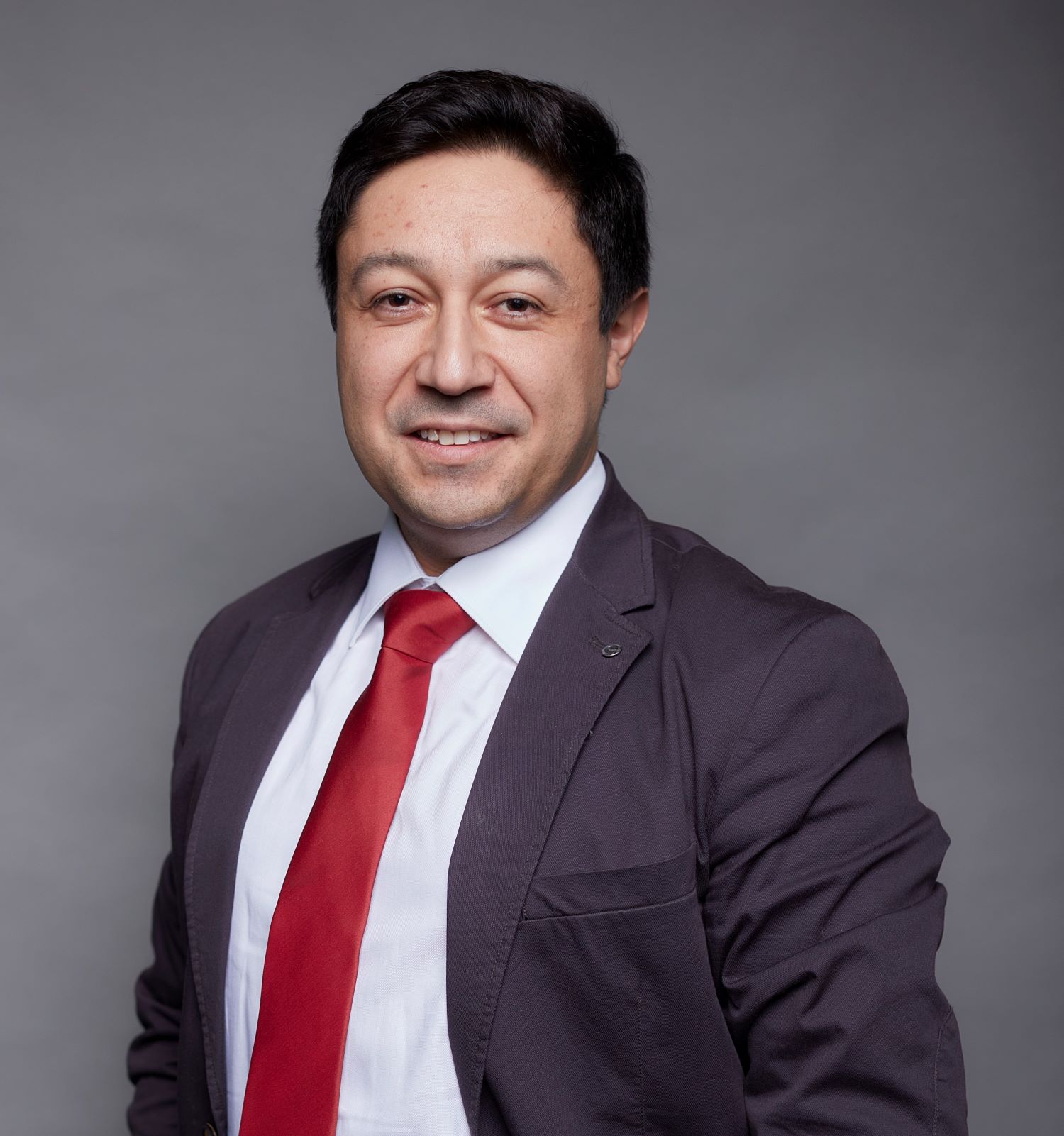
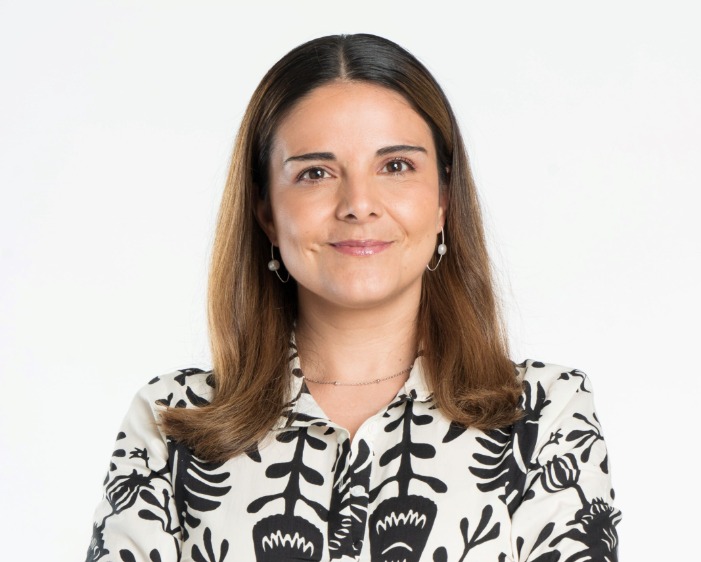
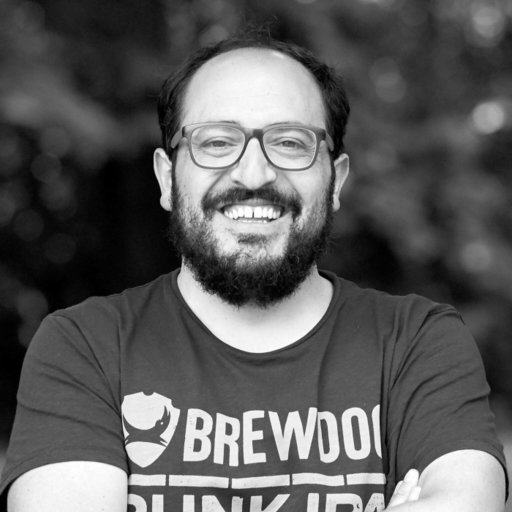
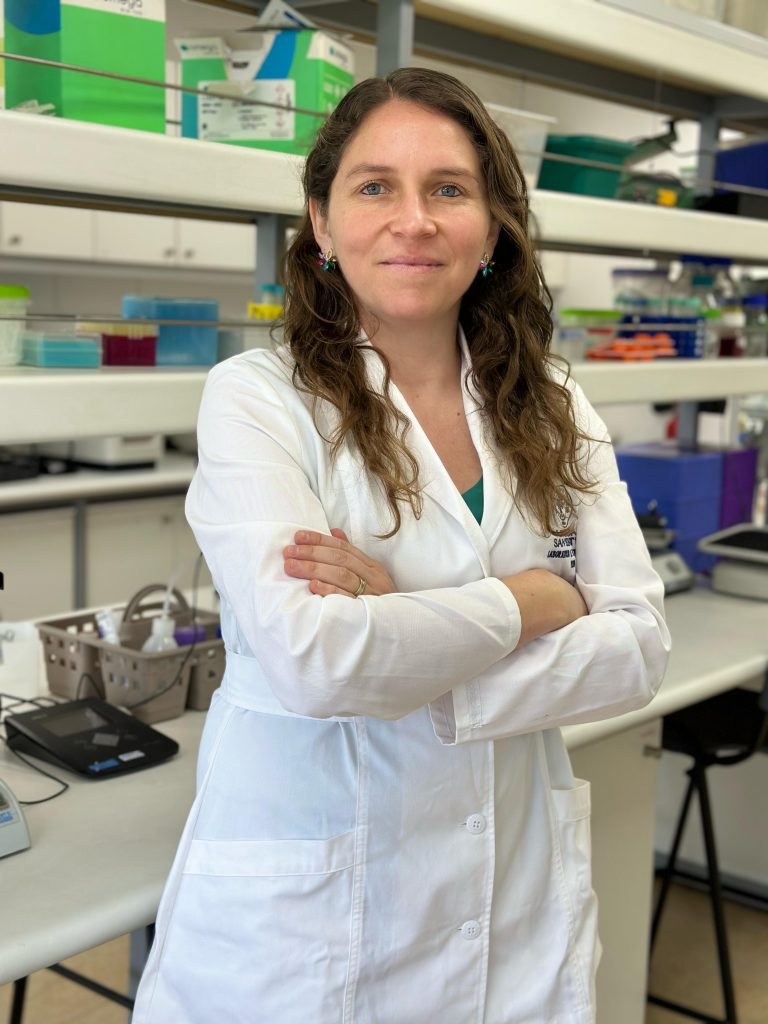
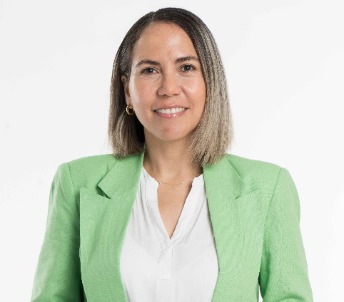
The following documents must be submitted in order to apply:
This information must be sent by the applicant together with the application form to: [email protected].
Values 2025
Ask about applying for a tuition scholarship, tuition and maintenance Benefit.